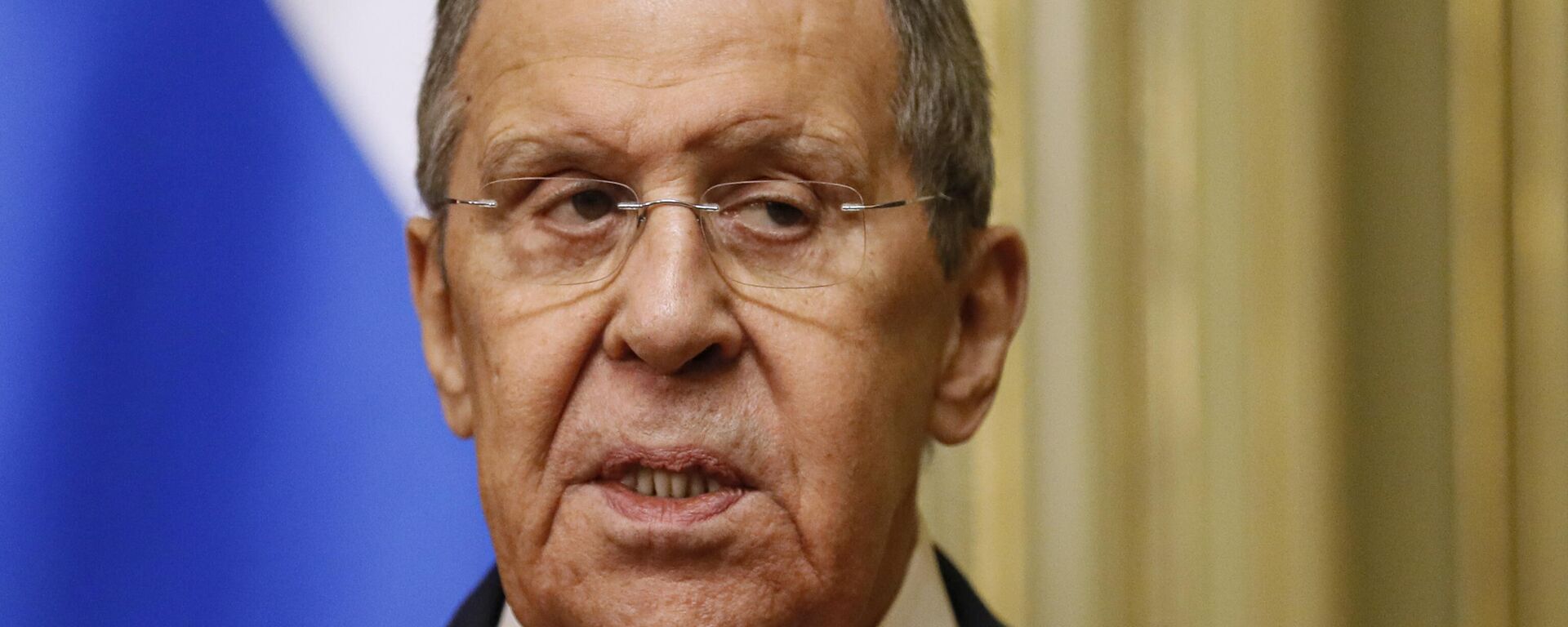https://en.sputniknews.africa/20240522/1066680285.html
EU's Decision to Use Income From Russian Assets to Help Ukraine is Expropriation, Moscow Says
EU's Decision to Use Income From Russian Assets to Help Ukraine is Expropriation, Moscow Says
Sputnik Africa
MOSCOW (Sputnik) - On Tuesday, the Council of the EU officially allowed using income from frozen Russian sovereign assets to be used to provide military... 22.05.2024, Sputnik Africa
2024-05-22T12:52+0200
2024-05-22T12:52+0200
2024-05-22T13:29+0200
dmitry peskov
ukraine
russia
moscow
european union (eu)
kremlin
international monetary fund (imf)
economy
finance
crisis
https://cdn1.img.sputniknews.africa/img/07e8/05/16/1066680445_0:101:1920:1181_1920x0_80_0_0_75ab63db64763de88ec456a9c6161811.jpg
Moscow considers the decision by the EU to use income from frozen Russian sovereign assets to help Ukraine as expropriation, Kremlin spokesman Dmitry Peskov said on Wednesday.Russia will continue assessing consequences of the EU's decision and its response, the official added.The Kremlin spokesman also noted that the Russian government was aware of warnings made by international financial institutions regarding the West’s plans to use revenues generated by frozen Russian state assets to give military assistance to Ukraine.The IMF spokesperson Julie Kozack said last week that any action taken by the West should have "sufficient legal underpinnings" so that it does not undermine the functioning of the international monetary system.
https://en.sputniknews.africa/20240518/lavrov-admits-russian-european-partnership-will-be-halted-for-at-least-one-generation-1066611325.html
ukraine
russia
moscow
Sputnik Africa
feedback@sputniknews.com
+74956456601
MIA „Rossiya Segodnya“
2024
Sputnik Africa
feedback@sputniknews.com
+74956456601
MIA „Rossiya Segodnya“
News
en_EN
Sputnik Africa
feedback@sputniknews.com
+74956456601
MIA „Rossiya Segodnya“
Sputnik Africa
feedback@sputniknews.com
+74956456601
MIA „Rossiya Segodnya“
dmitry peskov, ukraine, russia, moscow, european union (eu), kremlin, international monetary fund (imf), economy, finance, crisis, ukraine crisis, international
dmitry peskov, ukraine, russia, moscow, european union (eu), kremlin, international monetary fund (imf), economy, finance, crisis, ukraine crisis, international
EU's Decision to Use Income From Russian Assets to Help Ukraine is Expropriation, Moscow Says
12:52 22.05.2024 (Updated: 13:29 22.05.2024) MOSCOW (Sputnik) - On Tuesday, the Council of the EU officially allowed using income from frozen Russian sovereign assets to be used to provide military assistance to Ukraine. On Wednesday, the EU published a detailed decision on frozen Russian assets as part of the package of economic sanctions against Moscow, which is effective starting May 23.
Moscow considers the decision by the EU to use income from frozen Russian sovereign assets to help
Ukraine as expropriation, Kremlin spokesman Dmitry Peskov said on Wednesday.
"We have already said that such decisions, well, although we see that they are cautious, they see the potential danger of such decisions and understand the danger for them of the potential consequences that are inevitable, so they went for a cut-down version, but the cut-down version is nothing else but expropriation," Peskov told reporters.
Russia will continue assessing consequences of the
EU's decision and its response, the official added.
The Kremlin spokesman also noted that the Russian government was aware of warnings made by international financial institutions regarding the West’s plans to use revenues generated by frozen Russian state assets to give military assistance to Ukraine.
"We have taken note of the recent warnings made by the heads of international financial institutions that [the West] should rethink any step that will inevitably damage the global monetary system," Peskov said.
The IMF spokesperson Julie Kozack said last week that any action taken by the West should have "
sufficient legal underpinnings" so that it does not undermine the functioning of the international monetary system.


